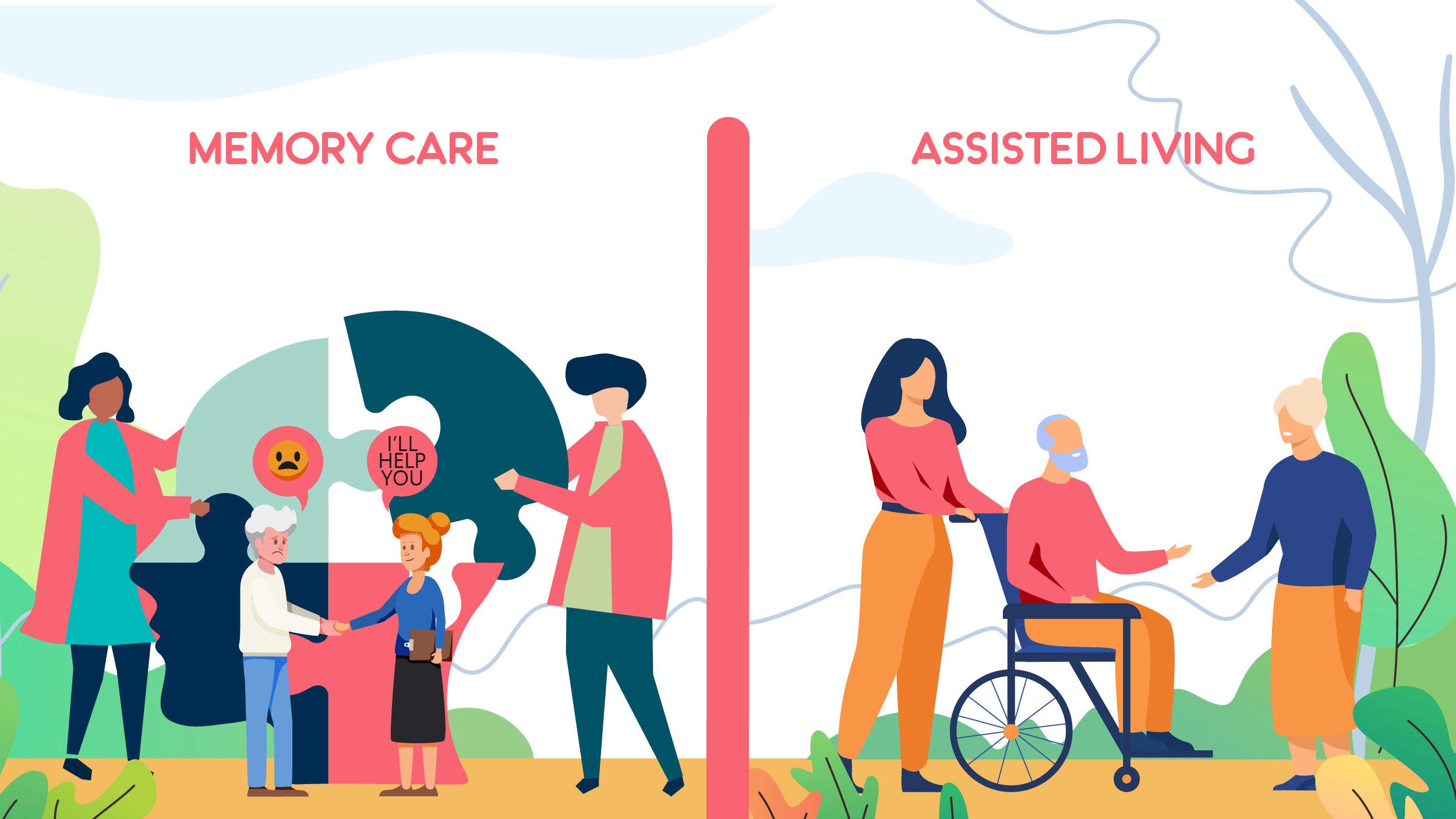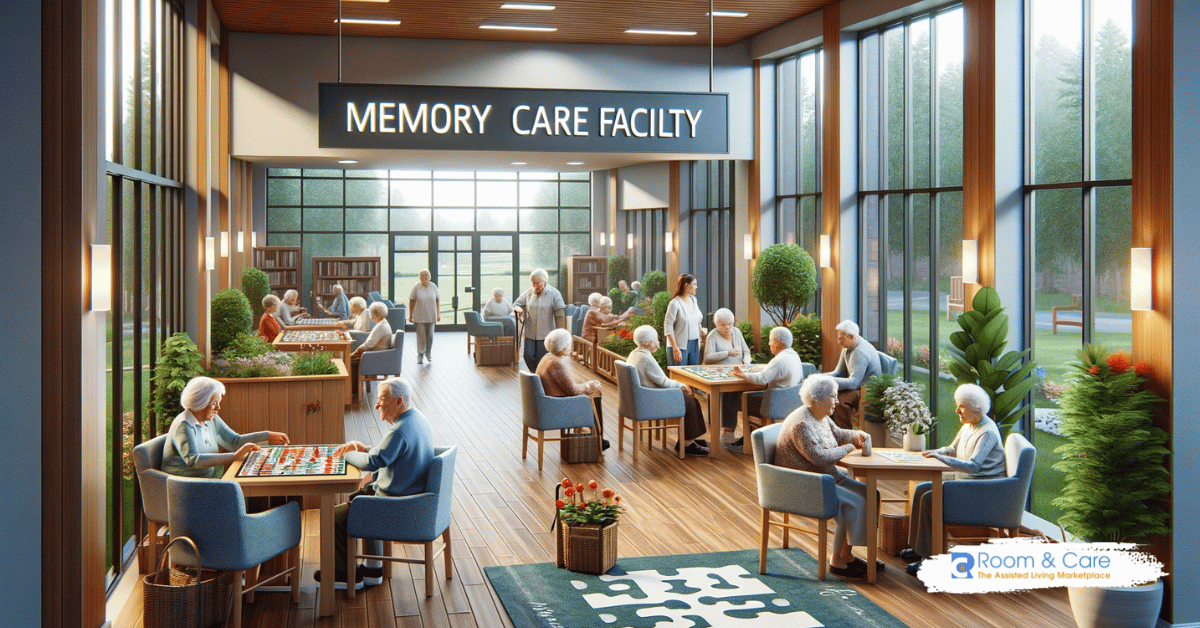Caring Teams Offering Trusted Alzheimers Care Charlotte Options
Caring Teams Offering Trusted Alzheimers Care Charlotte Options
Blog Article
Creating a Safe and Helpful Environment for Alzheimer's Treatment
The development of a supportive and risk-free environment for people with Alzheimer's is critical in boosting their high quality of life. This entails not just physical adaptations within the home, such as lessening hazards and integrating familiar aspects, yet likewise the execution of structured regimens and meaningful tasks that accommodate their cognitive requirements. Moreover, comprehending the psychological and emotional measurements of care can substantially influence their complacency and connection. Checking out these complex approaches can expose essential insights into efficient caregiving approaches that may change the daily experiences of both caretakers and people.
Recognizing Alzheimer's Demands
Regularly, people with Alzheimer's illness display an array of requirements that need tailored methods to care. As the condition progresses, cognitive decline manifests in numerous means, influencing memory, thinking, and even the ability to carry out daily activities. Caregivers have to recognize these progressing requirements to offer suitable support and make certain a greater high quality of life for those impacted.
One crucial aspect of recognizing Alzheimer's demands is acknowledging the significance of regular and experience. Individuals often locate convenience in well-known patterns, which can reduce anxiousness and confusion. Caretakers must strive to develop structured daily timetables that incorporate purposeful activities straightened with the individual's interests and capacities.
Furthermore, effective interaction is critical. People with Alzheimer's may battle to reveal themselves or comprehend complex language. Caregivers need to use basic, clear language, use non-verbal cues, and practice energetic listening to promote understanding and link.
Lastly, emotional and social requirements can not be overlooked. Providing chances for social interaction and maintaining relationships can considerably boost psychological well-being. Caretakers should encourage involvement in neighborhood activities or family members celebrations, promoting a sense of belonging and purpose. Understanding these varied demands is necessary for creating a supportive treatment setting.
Designing a Safe Home
Developing a risk-free home for people with Alzheimer's disease is necessary to promoting and lessening risks self-reliance. Ensure that pathways are clear and well-lit, as appropriate lighting decreases disorientation and boosts wheelchair.
Including flexible attributes is likewise essential. Set up grab bars in restrooms and near stairways, and take into consideration utilizing non-slip mats in wet areas. Additionally, using different shades for walls and floors can help in distinguishing rooms, aiding to reduce complication.
Knowledge is important for individuals with Alzheimer's. Customizing the atmosphere with familiar objects and photos can strengthen a feeling of belonging and safety - Alzheimers Care Charlotte. It is also valuable to have a designated area for everyday tasks, such as reading or crafting, which can offer structure to their day
Finally, applying a safe and secure outside room permits risk-free exploration while getting in touch with nature. By attentively making the home atmosphere, caregivers can considerably improve the lifestyle for people coping with Alzheimer's condition.
Enhancing Interaction Skills

Non-verbal communication, consisting of faces, gestures, and touch, plays an essential duty in sharing empathy and understanding. Maintaining eye call and a calm behavior can enhance the convenience level of the person, advertising a sense of safety and security.
Additionally, it is essential to practice energetic listening. This involves being totally existing, showing perseverance, and enabling the individual to reveal themselves without interruption. Rep might be required; caretakers must be prepared to revisit subjects or concerns, as individuals with Alzheimer's might battle with memory recall.
Additionally, utilizing aesthetic aids or signs, such as photos or acquainted objects, can assist in recognition and interaction. Ultimately, improving interaction skills is concerning building depend on and creating an atmosphere where people really feel heard, valued, and recognized, thereby enhancing their top quality of life.
Motivating Social Communication
Cultivating meaningful social communications can greatly improve the health of individuals with Alzheimer's disease. Engaging with others not just aids combat feelings of seclusion yet also stimulates cognitive function and psychological wellness. Structured social tasks, such as group video games, arts and crafts, or music treatment, produce possibilities for locals to link with peers and caretakers, which can bring about improved mood and decreased stress and anxiety.
Producing a welcoming setting that urges socializing is important. This can be accomplished by setting up public rooms that promote communication, such as comfy seating locations or task areas. In addition, including acquainted and culturally pertinent tasks can stimulate memories and motivate involvement, permitting people with Alzheimer's to really feel more connected to their past experiences.
Additionally, caregivers should be educated to acknowledge and advertise social interaction among homeowners. By focusing on social interaction, we can dramatically enhance the lives of those living with Alzheimer's, fostering a feeling of community and belonging.
Sustaining Caregiver Health

To support caregivers, organizations must supply regular training and academic resources to boost their understanding of Alzheimer's condition and caregiving techniques. Supplying accessibility to reprieve care services enables caregivers to take needed breaks, lowering stress and tiredness - Alzheimers Care Charlotte. Furthermore, promoting official website an area via support system can assist in psychological sharing and the exchange of functional advice amongst caretakers, producing a network of shared support
Mental health and wellness resources, such as counseling services, can also be vital in dealing find more information with the emotional toll caregiving can take. By prioritizing caregiver health, we develop an even more lasting caregiving atmosphere that not only benefits the caretakers themselves yet additionally improves the general quality of care obtained by people with Alzheimer's. Eventually, supporting caregivers is an important component in fostering a efficient and caring care setup.
Final Thought
To conclude, the development of a encouraging and risk-free atmosphere for people with Alzheimer's is important to boosting their lifestyle. By prioritizing safety and security with thoughtful style, promoting psychological wellness with acquainted components, and advertising involvement through structured routines, caregivers can considerably influence the overall experience of those impacted by this condition. Furthermore, sustaining caretaker well-being is essential, click here for more as it eventually adds to a much more effective and thoughtful treatment environment.
Repetition might be necessary; caretakers need to be prepared to review subjects or questions, as individuals with Alzheimer's may battle with memory recall.

Report this page